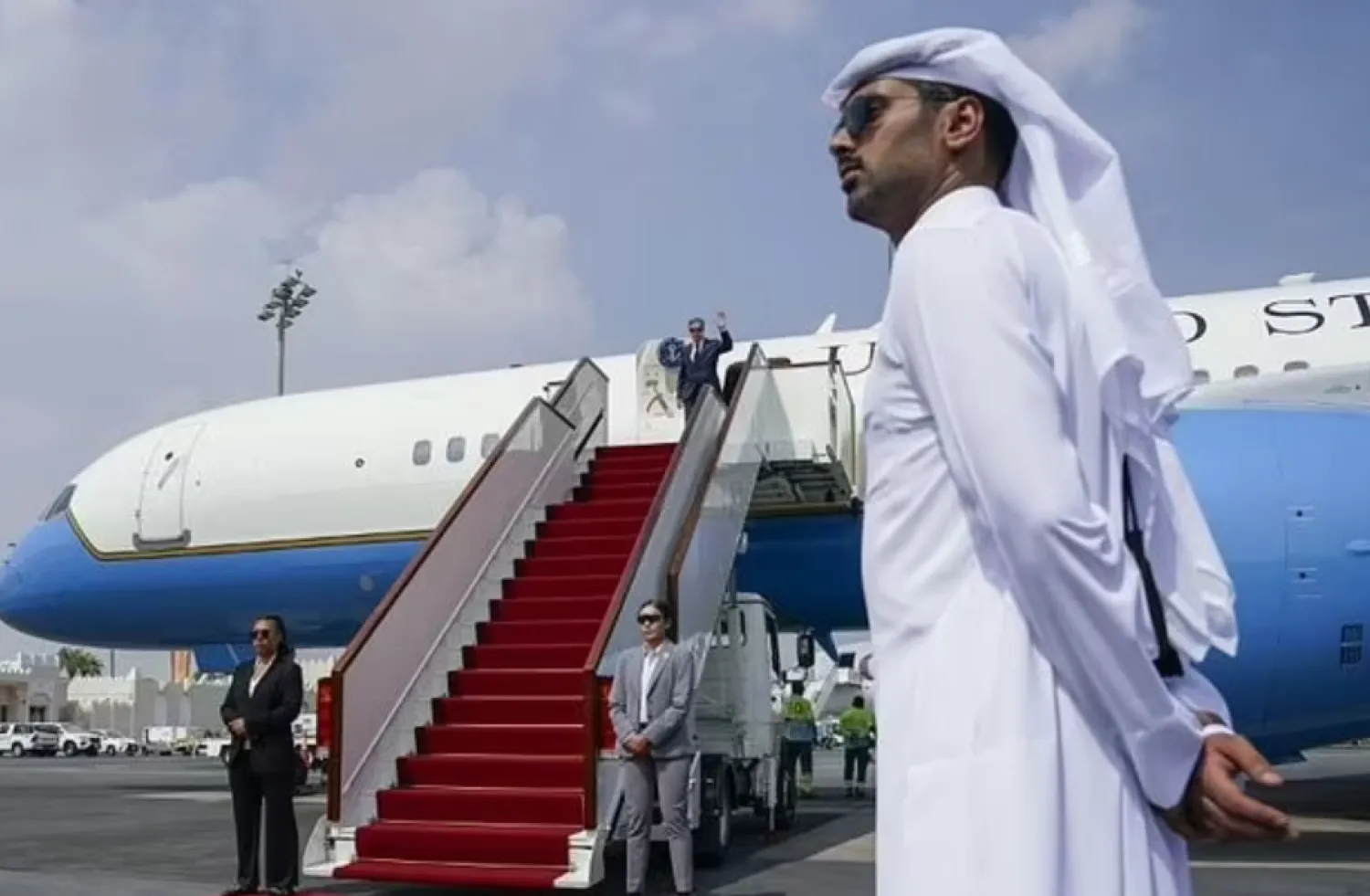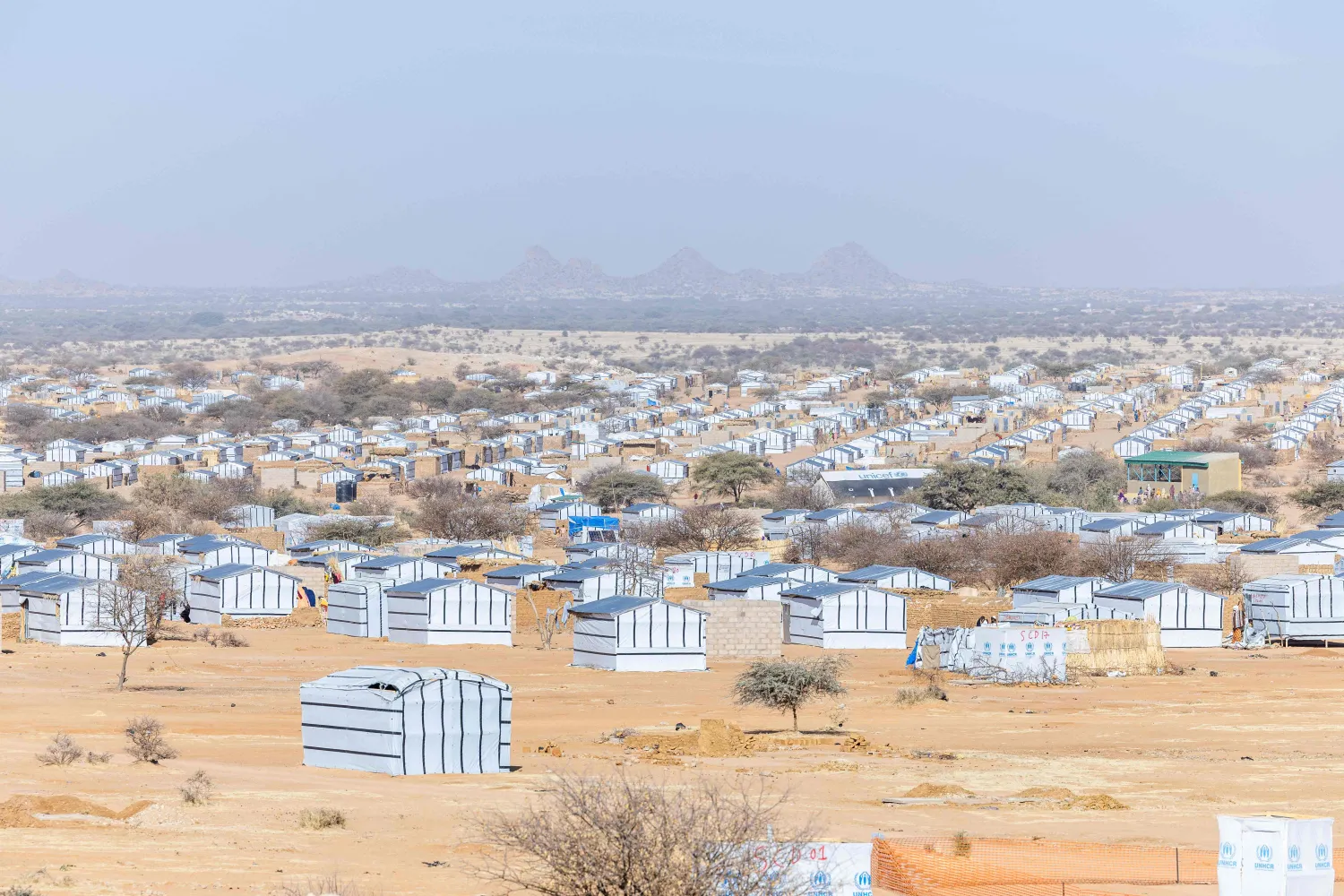US Secretary of State Antony Blinken held talks Thursday in Qatar, a key mediator in the Gaza war, as he seeks to build momentum for a ceasefire after Israel's killing of the leader of Hamas.
After meeting Israeli Prime Minister Benjamin Netanyahu in Jerusalem, Blinken flew to Saudi Arabia and then Qatar, where he will seek assessments of where Hamas stands on a truce.
Blinken "discussed renewed efforts to secure the release of the hostages and end the war in Gaza" with the Gulf state's emir, Sheikh Tamim bin Hamad Al-Thani, the State Department said, AFP reported.
He later went into talks with Prime Minister Mohammed bin Abdulrahman bin Jassim Al-Thani, with whom he will hold a joint news conference.
Blinken is paying his 11th trip to the region since the October 7, 2023 Hamas attack on Israel, after repeated disappointments in his quest to end the Israeli retaliatory campaign in the Gaza Strip.
But less than two weeks before the US presidential election, President Joe Biden has found new hope after Israel killed Hamas's leader, Yahya Sinwar, in Gaza.
Blinken said he spoke to Israel's leaders "about the importance of determining whether Hamas is prepared to engage in moving forward, and the Egyptians, the Qataris are doing just that".
"But I believe that with Sinwar gone, because he was the primary obstacle for realizing the hostage agreement, there is a real opportunity to bring them home and to accomplish the objective," Blinken told reporters Wednesday as he left Israel.
Critics say the issue was not just Hamas but the Biden administration's failure to secure the support of Israel, which has received a near continuous flow of billions of dollars in US weapons.









